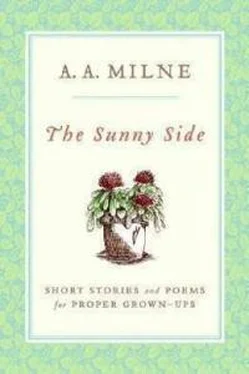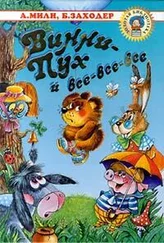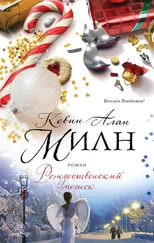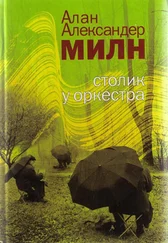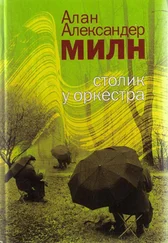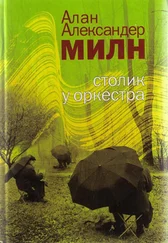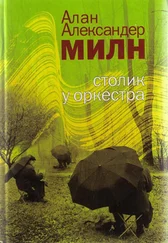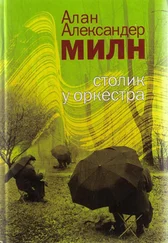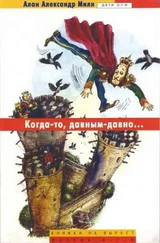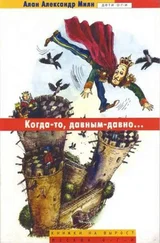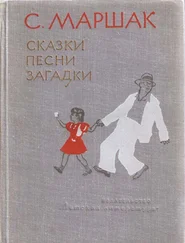The Trench Scene was written. It was written round the Joke, whose bright beams, like a perfect jewel in a perfect setting—However, I said all that to Celia at the time. She was just going to have said it herself, she told me.
So far, so good. But a month later the Revue collapsed. The impresario and I agreed upon many things—as, for instance, that the War would be a long one, and that Hindenburg was no fool—but there were two points upon which we could never quite agree: (1) What was funny, and (2) which of us was writing the Revue. So, with mutual expressions of goodwill, and hopes that one day we might write a tragedy together, we parted.
That ended the Revue; it ended the Trench Scene; and, for the moment, it ended the Joke.
Chapter III finds the war over and Celia still at it.
"You haven't got that Joke in yet."
She had just read an article of mine called "Autumn in a Country Vicarage."
"It wouldn't go in there very well," I said.
"It would go in anywhere where there were rats. There might easily be rats in a vicarage."
"Not in this one."
"You talk about 'poor as a church mouse.'"
"I am an artist," I said, thumping my heart and forehead and other seats of the emotions. "I don't happen to see rats there, and if I don't see them I can't write about them. Anyhow, they wouldn't be secular rats, like the ones I made my joke about."
"I don't mind whether the rats are secular or circular," said Celia, "but do get them in soon."
Well, I tried. I really did try, but for months I couldn't get those rats in. It was a near thing sometimes, and I would think that I had them, but at the last moment they would whisk off and back into their holes again. I even wrote an article about "Cooking in the Great War," feeling that that would surely tempt them, but they were not to be drawn….
CHAPTER IV
But at last the perfect opportunity came. I received a letter from a botanical paper asking for an article on the Flora of Trench Life.
"Horray!" said Celia. "There you are."
I sat down and wrote the article. Working up gradually to the subject of rats, and even more gradually intertwining it, so to speak, with the subject of cats, I brought off in one perfect climax the great Joke.
"Lovely!" said Celia excitedly.
"There is one small point which has occurred to me. Rats are fauna , not flora ; I've just remembered."
"Oh, does it matter?"
"For a botanical paper, yes."
And then Celia had a brilliant inspiration.
"Send it to another paper," she said.
I did. Two days later it appeared. Considering that I hadn't had a proof, it came out extraordinarily well. There was only one misprint. It was at the critical word of the Joke.
CHAPTER V
"That's torn it," I said to Celia.
"I suppose it has," she said sadly.
"The world will never hear the Joke now. It's had it wrong, but still it's had it, and I can't repeat it."
Celia began to smile.
"It's sickening," she said; "but it's really rather funny, you know."
And then she had another brilliant inspiration.
"In fact you might write an article about it."
And, as you see, I have.
EPILOGUE
Having read thus far, Celia says, "But you still haven't got the Joke in."
Oh, well, here goes.
Extract from letter : "We came back to the line to–day to find that the cat had kittened. However, as all the rats seem to have rottened we are much as we were."
"Rottened" was misprinted "rattened," which seems to me to spoil the Joke….
Yet I must confess that there are times now when I feel that perhaps after all I may have overrated it….
But it was a pleasant joke in its day.
Let others hymn the weariness and pain
(Or, if they will, the glory and the glamour)
Of holding fast, from Flanders to Lorraine,
The thin brown line at which the Germans hammer;
My Muse, a more domesticated maid,
Aspires to sing a song of Marmalade.
O Marmalade!—I do not mean the sort,
Sweet marrow–pulp, for babes and maidens fitter,
But that wherein the golden fishes sport
On oranges seas (with just a dash of bitter),
Not falsely coy, but eager to parade
Their Southern birth—in short, O Marmalade!
Much have I sacrificed: my happy home,
My faith in experts' figures, half my money,
The fortnight that I meant to spend in Rome,
My weekly effort to be fairly funny;
But these are trifles, light as air when weighed
Against this other—Breakfast Marmalade.
Fair was the porridge in the days of peace,
And still more fair the cream and sugar taken;
Plump were the twin poached eggs, yet not obese,
Upon their thrones of toast, and crisp the bacon—
I face their loss undaunted, unafraid,
If only I may keep my Marmalade.
An evening press without Callisthenes;
A tables Staff; an immobile spaghetti;
A Shaw with whom the Common Man agrees;
A Zambra searching vainly for Negretti;
When spades are trumps, a hand without a spade—
So is my breakfast lacking Marmalade.
O Northcliffe (Lord)! O Keiller! O Dundee!
O Crosse and Blackwell, Limited! O Seville!
O orange groves along the Middle Sea!
(O Jaffa, for example) O the devil—
Let Beef and Butter, Rolls and Rabbits fade,
But give me back my love, my Marmalade.
"Why don't you write a war story?" said Celia one autumn day when that sort of story was popular.
"Because everybody else does," I said. "I forget how many bayonets we have on the Western Front, but there must be at least twice as many fountain–pens."
"It needn't be about the Western Front."
"Unfortunately that's the only front I know anything about."
"I thought writers used their imagination sometimes," said Celia to anybody who might happen to be listening.
"Oh, well, if you put it like that," I said, "I suppose I must."
So I settled down to a story about the Salonica Front.
The scene of my story was laid in an old clay hut amid the wattles.
"What are wattles?" asked Celia, when I told her the good news.
"Local colour," I explained. "They grow in Bulgaria."
"Are you sure?"
"I'm sure that these ones did; I don't know about any others."
Of course more local colour was wanted than a mere wattle or two. It was necessary therefore for my Bulgarians always to go about in comitadjis . Celia thought that these were a kind of native trouser laced at the knee. She may be right. My own impression is that they are a species of platoon. Anyhow the Bulgars always went about in them.
There was a fierce fight which raged round the old clay hut in the wattles. The Greeks shouted "[Greek: Tuptô tuptomai]" The Serbs, for reasons into which I need not enter, were inarticulate with rage. With the French and British I had, of course, no difficulty, and the Bulgars (fortunately) were content with hoarse guttural noises. It was a fierce fight while it lasted, and I was sorry when it was over, because for the first time I began to feel at home with my story. I need not say that many a Bulgar had licked the wattles before I had finished.
Unfortunately something else happened before I had finished.
"What do you think?" cried Celia, bursting into my room one evening, just when I was wondering whether my readers would expect to know more of the heroine's native costume than that it was "simple yet becoming."
"Wait a moment," I said.
"It's too good to wait," said Celia excitedly. "Bulgaria has surrendered."
Читать дальше
